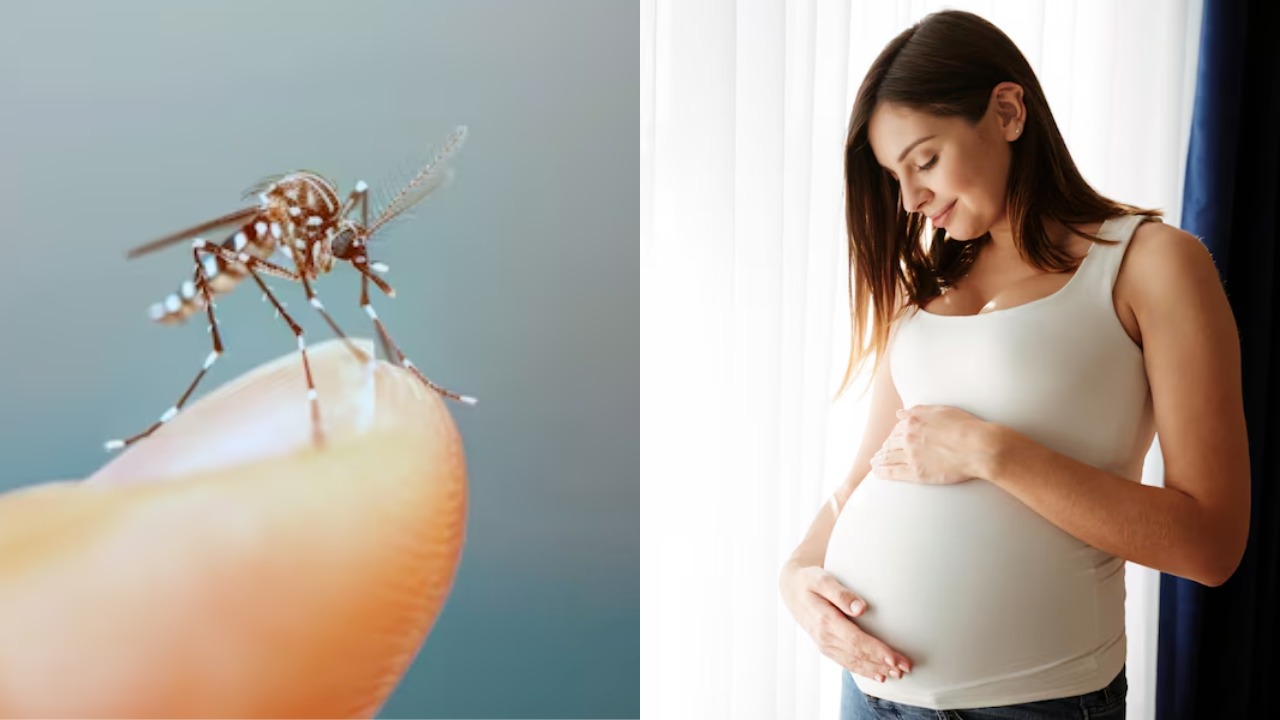
Vaccine To Protect Pregnant Women From Malaria: Malaria infection during pregnancy can prove to be very dangerous for the health of both mother and child. Malaria is a dangerous infection spread by mosquito bites. This parasite spreads through the bite of Anopheles mosquitoes. The outbreak of these mosquitoes increases even more during the rainy season. Therefore, the highest number of malaria cases are seen after the monsoon. It is also very common among pregnant women, but it is also very dangerous for them. According to reports, up to 50 thousand pregnant women lose their lives every year in Africa. Not only this, it also affects the health of the child growing in the womb. Due to this, two lakh children are born dead every year.
But now the National Institute of Health (NIH) of America has found a way to protect pregnant women from malaria. They have found a vaccine to prevent malaria in a clinical trial, which has shown very good results. In this article, we are telling you about it in detail.
This vaccine will protect pregnant women from malaria
According to the National Institutes of Health, the vaccine under test could prove to be very effective in protecting women from malaria outbreaks during pregnancy. This PFSPZ vaccine has been manufactured by the American biotechnology company Sanaria. It is a radiation-attenuated vaccine based on PF sporozoites. This vaccine is very effective in testing. It is so effective that it does not even require any booster dose.
Excellent results seen in clinical trials
This test was conducted by NIH's National Institute of Allergy and Infection Diseases (NIAID) and Mali-based University of Sciences, Techniques and Technologies, Bamako (USTTB). During the test, 300 healthy women aged 18 to 38 years were included. These included women who were expecting to get pregnant after getting the vaccine. First of all, the women were given medicine to remove the malaria virus parasites. After that, the women were given three injections at an interval of one month. Apart from this, some women were given only saline as an injection, while other women were given 1-2 doses of the vaccine under test.
Researchers say that women who were given two doses of the PFSPZ vaccine had a reduced risk of parasitic infections and clinical malaria. This protection in women lasted for two years even without a booster dose of any vaccine. Other tests have found that among women who became pregnant after the third vaccine, those who were given a low-dose vaccine were 65% effective against parasitemia, while those who were given a high-dose vaccine were 86% effective.

 Desk
Desk Share
Share






